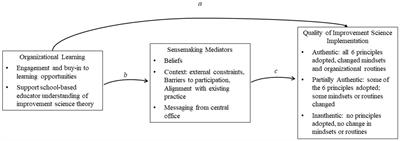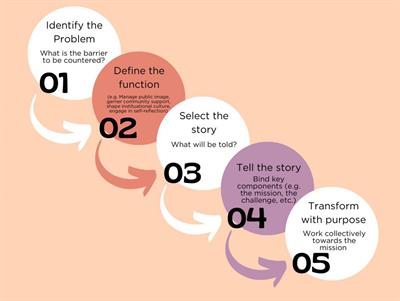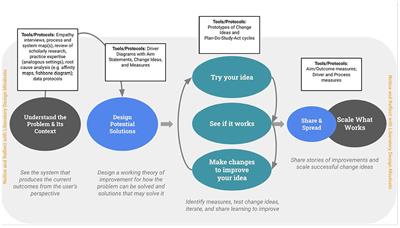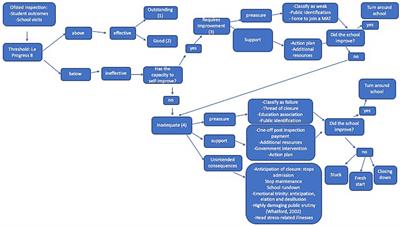ORIGINAL RESEARCH
Published on 04 Oct 2024
Improvement science and school leadership: the precarious path to dynamic school improvement

doi 10.3389/feduc.2024.1371664
- 660 views
2,308
Total downloads
10k
Total views and downloads
ORIGINAL RESEARCH
Published on 04 Oct 2024

ORIGINAL RESEARCH
Published on 03 Sep 2024

ORIGINAL RESEARCH
Published on 07 Aug 2024

ORIGINAL RESEARCH
Published on 17 Jun 2024

ORIGINAL RESEARCH
Published on 16 Jan 2024
